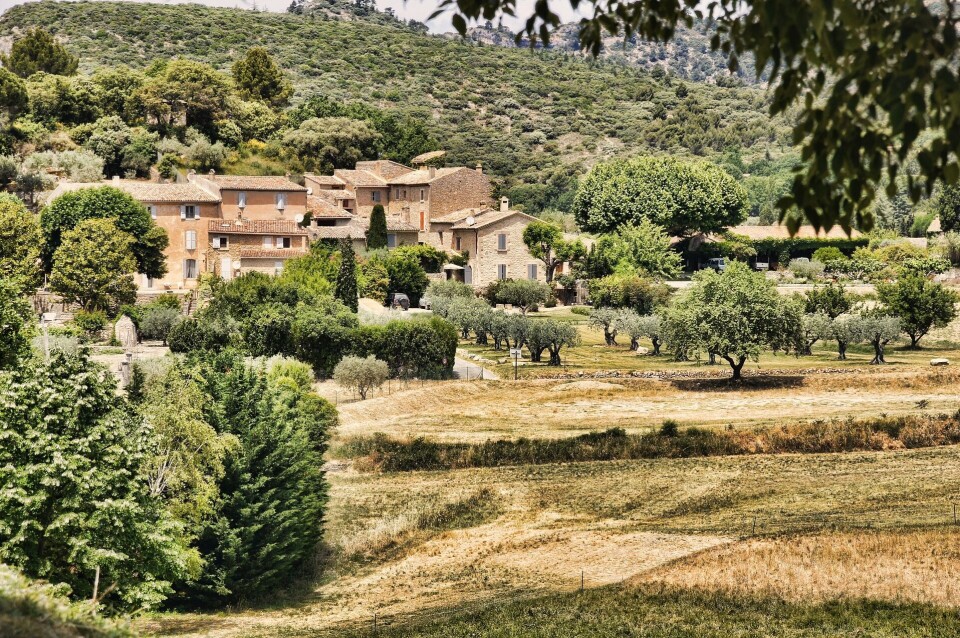-
France plans crackdown on fraud around obligatory energy ratings for homes
All homes being sold or let need an up-to-date DPE
-
AI finds ‘soaring’ cases of fraud in French home renovation applications
More than 40,000 cases were detected in 2024, the housing agency states
-
How much do energy efficiency renovations cost in France?
Owners will want to ensure properties improve by at least two DPE ratings, increasing the work and cost needed
Can we divide our plot in France to sell part for building land?
Five documents usually need to be approved, certain experts needs to be consulted as well as a go-ahead from the mairie

Reader question: We have a large plot of land which we bought with our house. How can we divide it and sell it as building land?
The first point is to make sure the land you are dividing is large enough.
National rules and those found in most plans local d’urbanisme (PLU) say land to be divided must cover an area of at least 300m².
You also have to be realistic. If it is on a steep slope, building might be too expensive, or if it is in front of your windows, building might reduce the value of your home more than the profits gained from selling the land. Most communes now have a PLU or are close to having one.
Its rules act as a guide for the division of land – only where a PLU is not in place do national guidelines in the règlement national d’urbanisme take over.
The PLU lays out how the commune sees new development, and will guide in the first instance as to whether the land you want to sell can be built on or not.
Communes get most of their money from property taxes, so there is usually a bias towards allowing new buildings, as long as electricity, water and, if available, sewerage services are close to it.
Other documents which can influence your plans are the flood risk evaluation plan de prévention des risques d’inondation, which will ban new building in areas at risk, and an approval from the departmental division of Architectes des Bâtiments de France, which will be needed if the land is situated within 500 metres of a monument classé.
To proceed with a division, five documents usually need to be approved:
- a certificat d’urbanisme opérationnel to ensure the division is viable. This is not obligatory but recommended to avoid challenges;
- a certificat d’urbanisme générale to make sure the division fits in with the local plan. Again, not obligatory but recommended;
- a déclaration préalable de lotissement where you declare your wish for the division of the land into building plots. Complicated divisions might require a permis d’aménager;
- a permis de construire for the new building; and
- a permis valant division which allows construction on the plot made by the division.
You normally need at least four professionals to get the certificates: a géomètre-expert (surveyor) to measure the land, advise on feasibility, install official markers and have the division marked on the cadastre; an expert en division to give advice and help with paperwork; a notaire to help with administration and to formally record the division at the end of the process; and an architect to help with the planning application, especially if more than one house is to be built on the land.
Of course, the other key player is the mairie, which gives the go-ahead.
Neighbours, or their representatives, should be present when the géomètre-expert marks the new boundaries.
If they oppose the division, the matter could go to a land court.
Usually, géomètre-experts work on their own – the other professionals can sometimes be found in a single firm. Prices are not fixed, so it might be worth getting several estimates. Most professionals ask you to pay for an estimate.
Taxes to think about include capital gains tax on the land if you have owned it for less than 30 years, and a commune tax imposed on the first division of building land, calculated at 10% of the difference between the price you paid for the land and the sold price, adjusted for inflation.
Related stories
Changes to law limiting new building on farmland in France
Where in France can you negotiate the most on property prices?
























